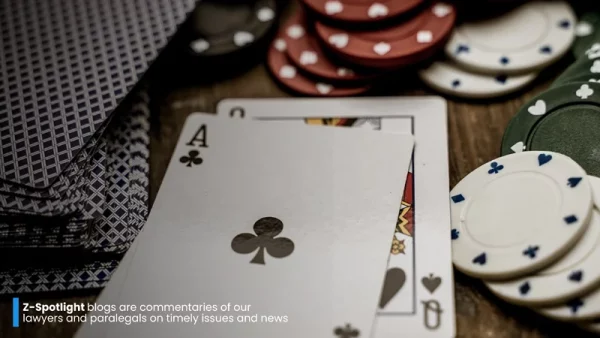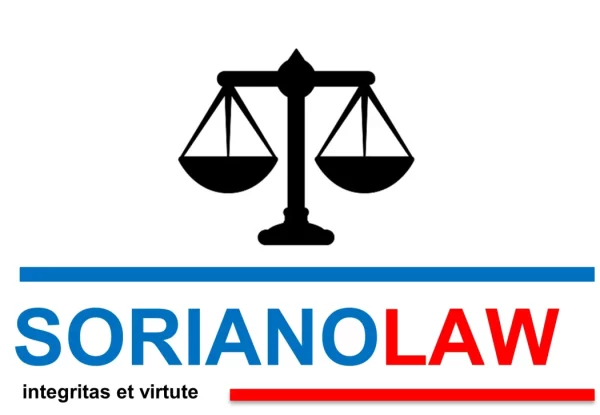
Image by Thorsten Frenzel from Pixabay
With Philippine Offshore Gaming Operators (POGOs) making headlines due to the government’s impending ban, it’s timely to talk about gambling. Gambling affects countless Filipinos. It often leads to devastating debts, cycle of poverty, legal complications, and fractured family dynamics.
Based on information from business groups, POGO in particular, seems to not really contribute significantly to the national economy.
In a web article, POGO investments contributed minimally to the Philippine economy, accounting for just 0.2 percent of gross domestic product (GDP) last year, based on NEDA data. They also pointed to significant social costs, citing recent hearings linking POGOs to crimes such as human trafficking, kidnapping, and money laundering. Philippine National Police data reportedly showed that 55 percent of kidnapping cases in 2022 were POGO-related.
But still, gambling is widespread, as seen by the large number of casinos, lotto outlets, cockpit arenas, street card games, and number games (games of chance) in local fairs. According to a Social Weather Station survey, 63% of Filipinos believe that gambling is immoral; nevertheless, this belief has no bearing on how many of them still gamble, with 59% of them still doing so.
Historically, gambling spread during the Spanish colonial era and took on several forms, including cockpits (Sabong), card parlors (Tong-it), billiard halls (Bilyar), and other a likes. Casinos, horse racing, and lotteries were introduced in the 19th century.
Later on, institutionalized gambling for charitable purposes began in the 1930s where horseracing was allowed for the benefit of the Philippine Athletic Amateur Federation (now the Philippine Olympic Committee), from that point forward only civic associations were allowed to hold horse races for fundraising.
In the 1970s long after the colonial period, the Philippines government took responsibility to monitor gambling activities in the country through Philippine Amusement and Gaming Corporation (PAGCOR) aiming to centralize and regulate these activities. However, with the said POGO news and headlines, legal and illegal gambling seems unstoppable.
- People gamble for different reasons.
- It is a source of entertainment to many but it is also a burden and liability.
- Failure to pay debts arising from gambling is an actionable claim-meaning, creditors can file a criminal or civil case against the debtor for not paying his/her gambling debts.
Actions against gambling debtors
While it’s true that the Constitution guarantees non-imprisonment for non-payment of debts, it doesn’t mean that unpaid debts cannot be recovered anymore. To know what a debtor might face for not being able to pay his debts, here are some possible actions that may be filed:
| Civil
1. Small claims if the money owed does not exceed One Million Pesos (Php 1,000,000.00) 2. Collection for sum of money 3. Breach of contract, if applicable |
Criminal
1. Estafa if there’s misrepresentation or deceit in getting gambling debts 2. Violation of B.P. 22 or the Bouncing Checks law if the check used to pay the debt has insufficient funds |
Administrative If the debtor is a civil servant, he/she may be faced with the penalty of suspension or dismissal from service, as the case may be for gambling prohibited by law, and willful failure to pay just debts, among others. |
Avoiding gambling debt liability
In order to avoid facing these liabilities, one should take into account the following options: First and foremost, if an individual is already having trouble stopping their gambling habit, they should get professional help from a therapist who specializes in gambling addiction. They are able to offer tailored advice and tactics. Secondly, try to impose stringent time and money limits if they are unable to give up gaming. The most crucial and final step is to engage in a fun pastime where you won’t have to risk any of their money, which could result in significant debt and legal consequences.
Unfortunately, with the current discussions on POGO, especially with the recent issue relating to a public officer, it seems like the regulation on gambling activities will be hard to attain. But while these present events hinder its stricter implementation in the Philippines, it’s definitely not impossible. The unfolding of the recent issues is a clear and resounding call for the stakeholders to provide stringent measures to prohibit, or at least reduce, the conduct of gambling activities in whatever form.
